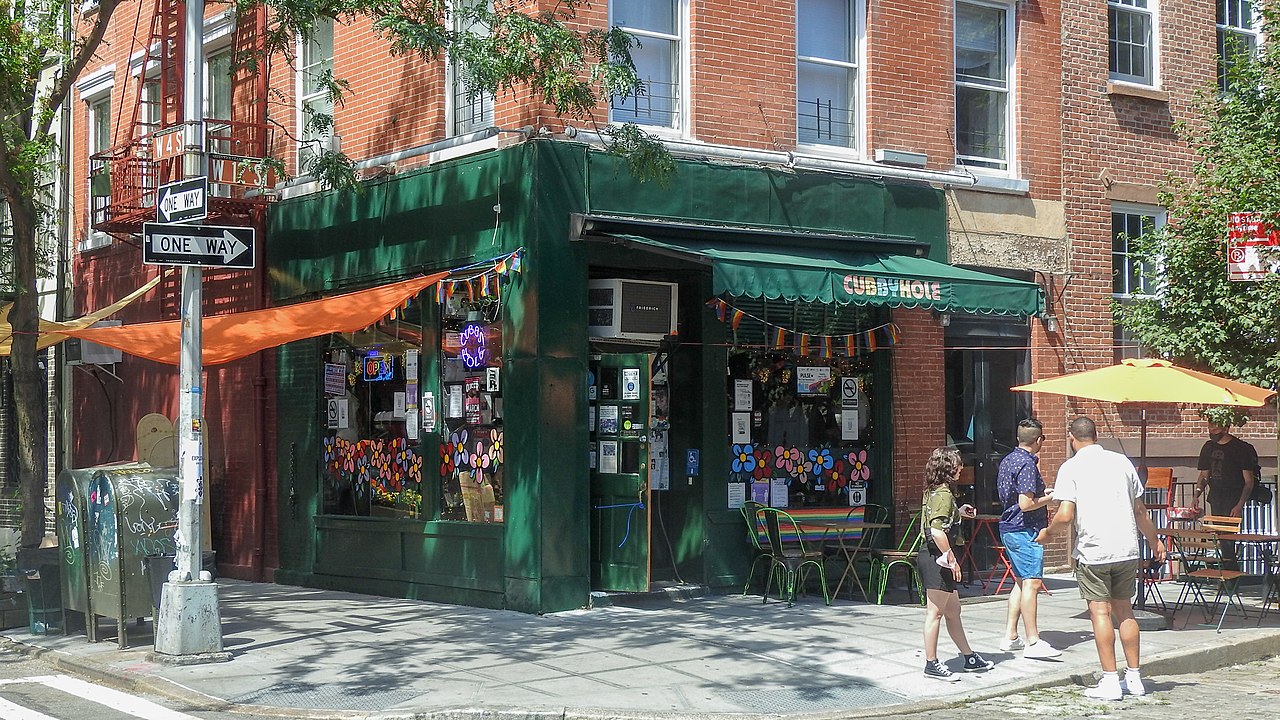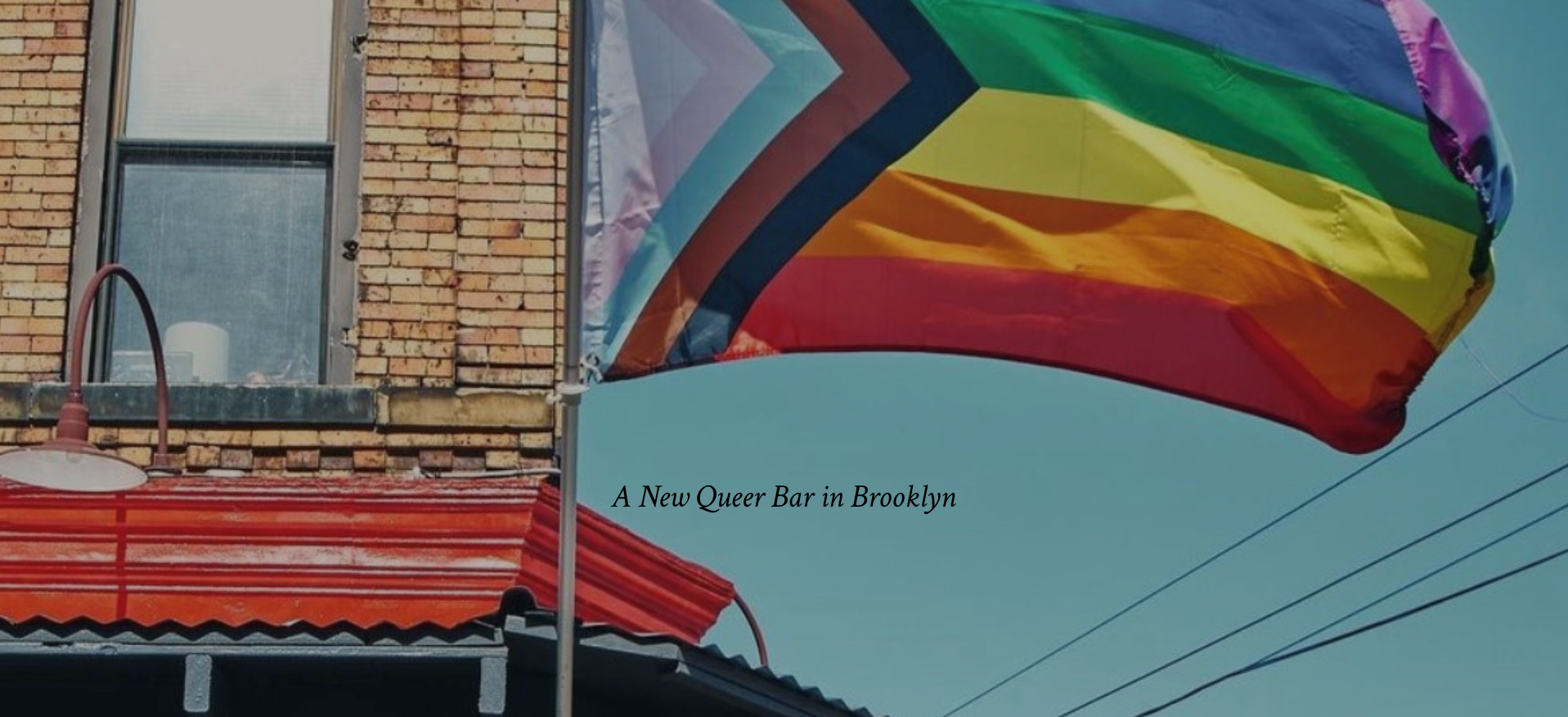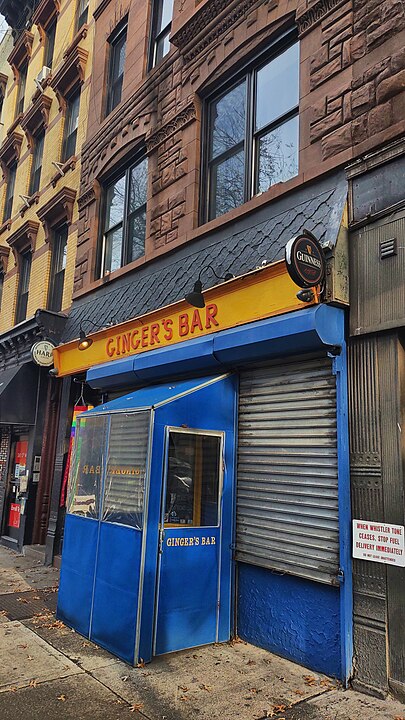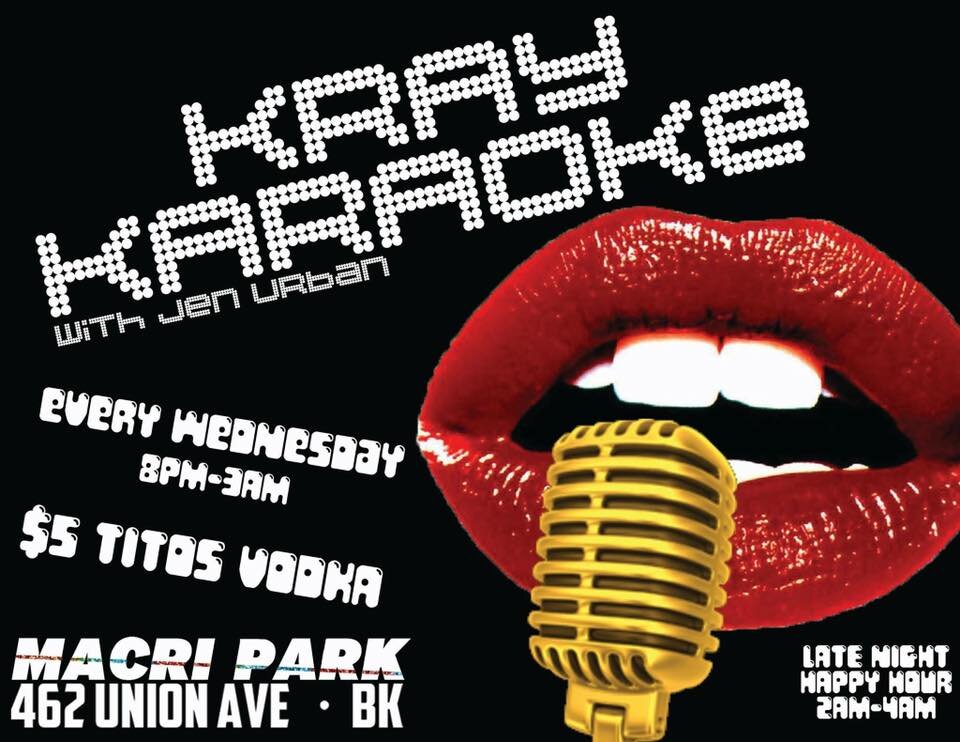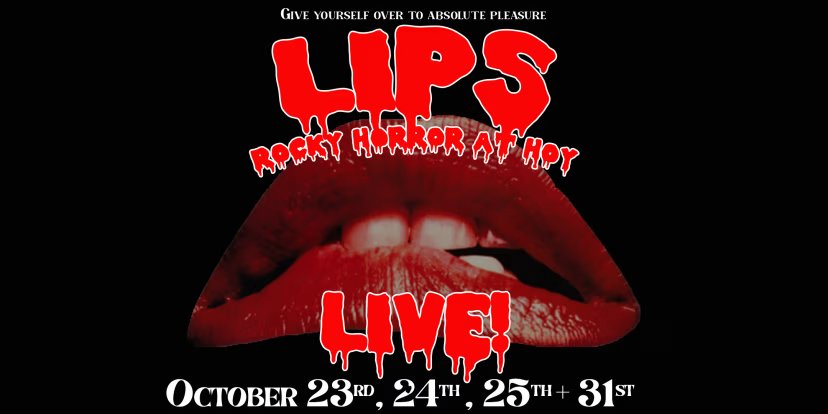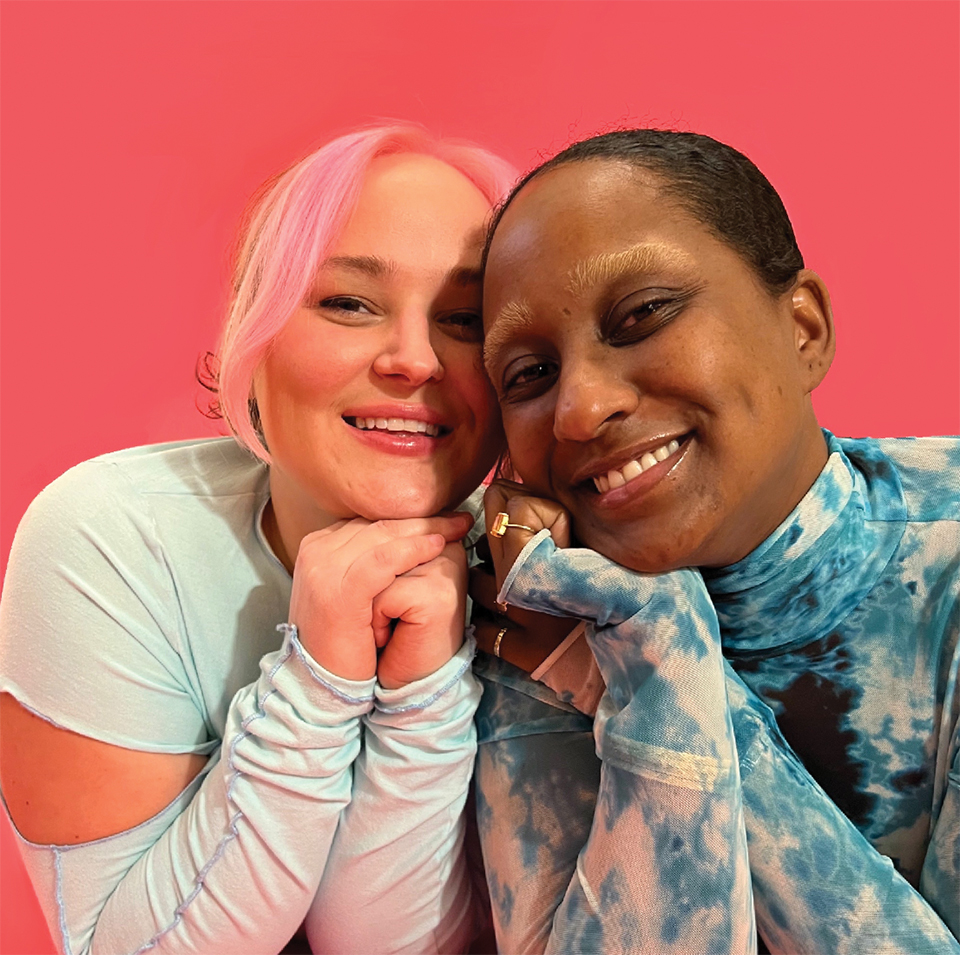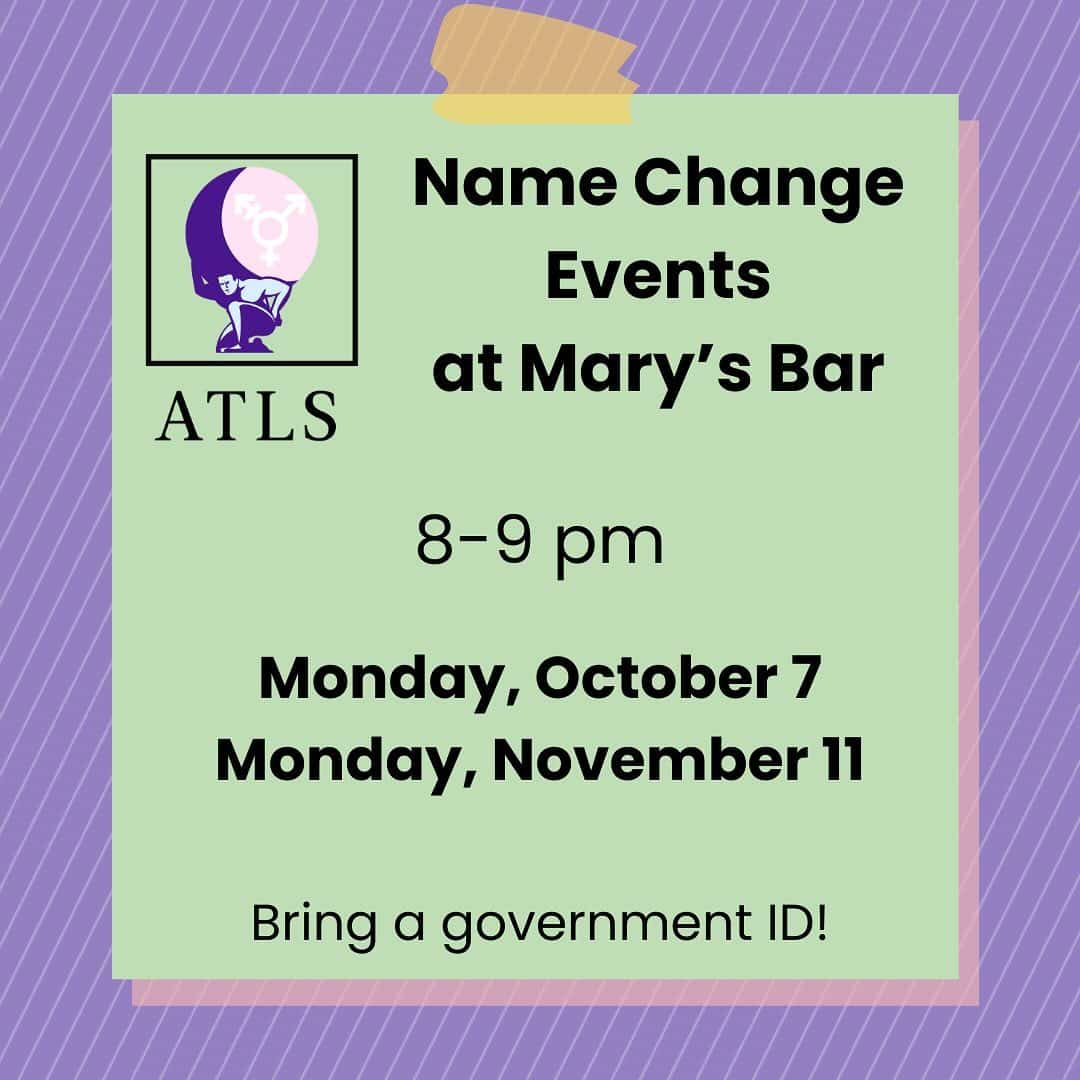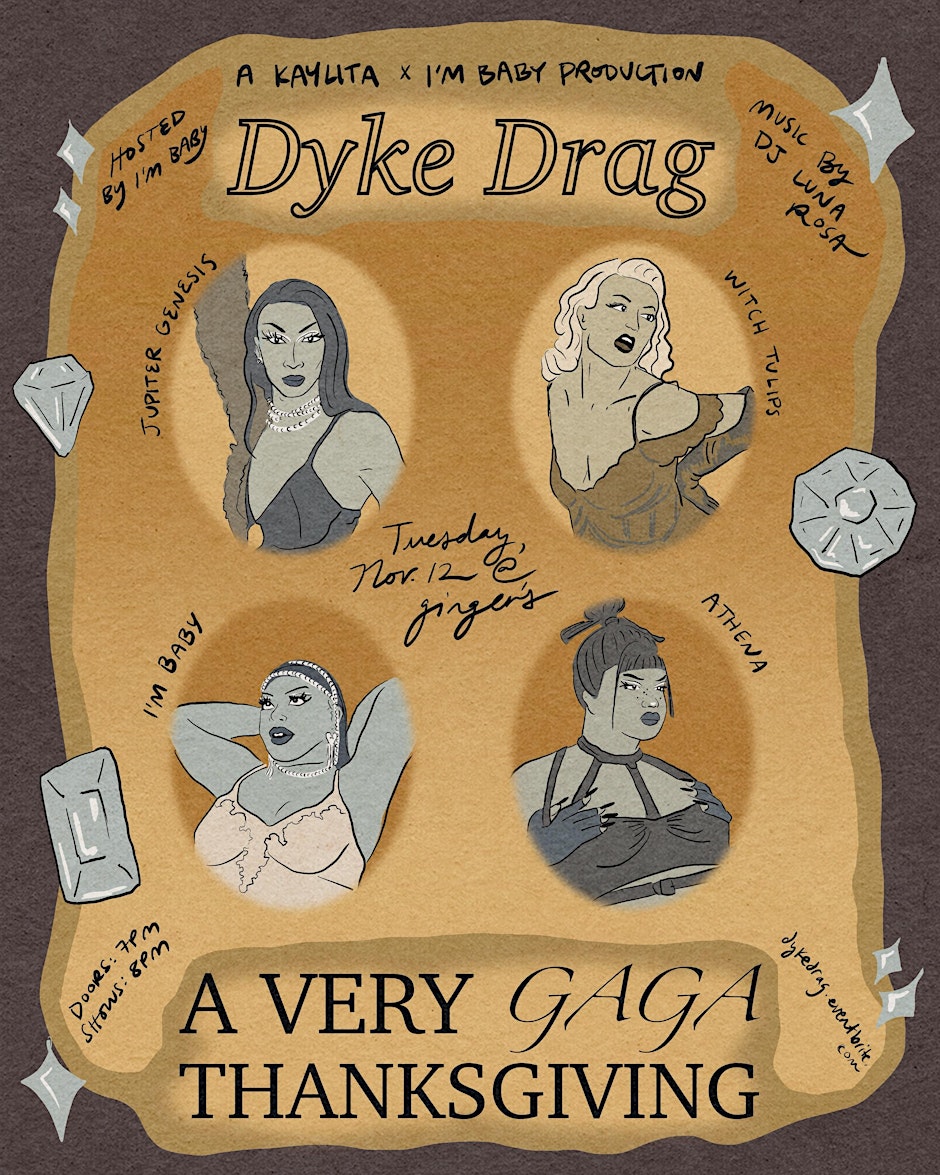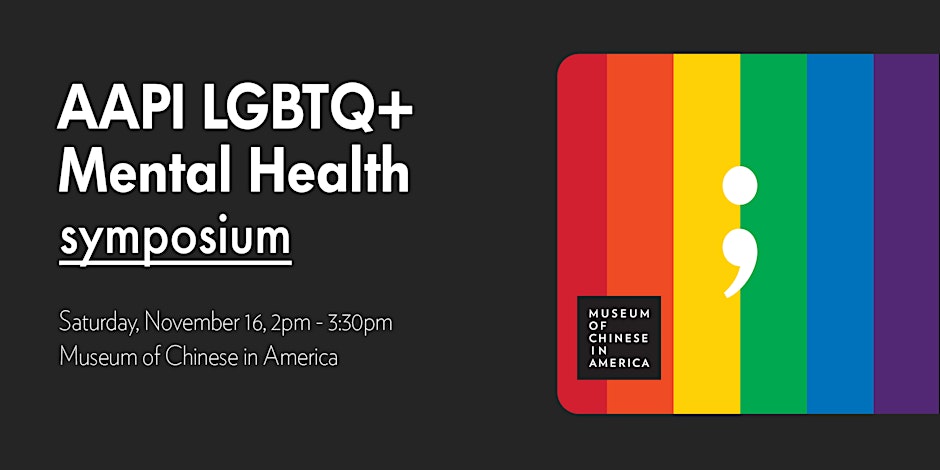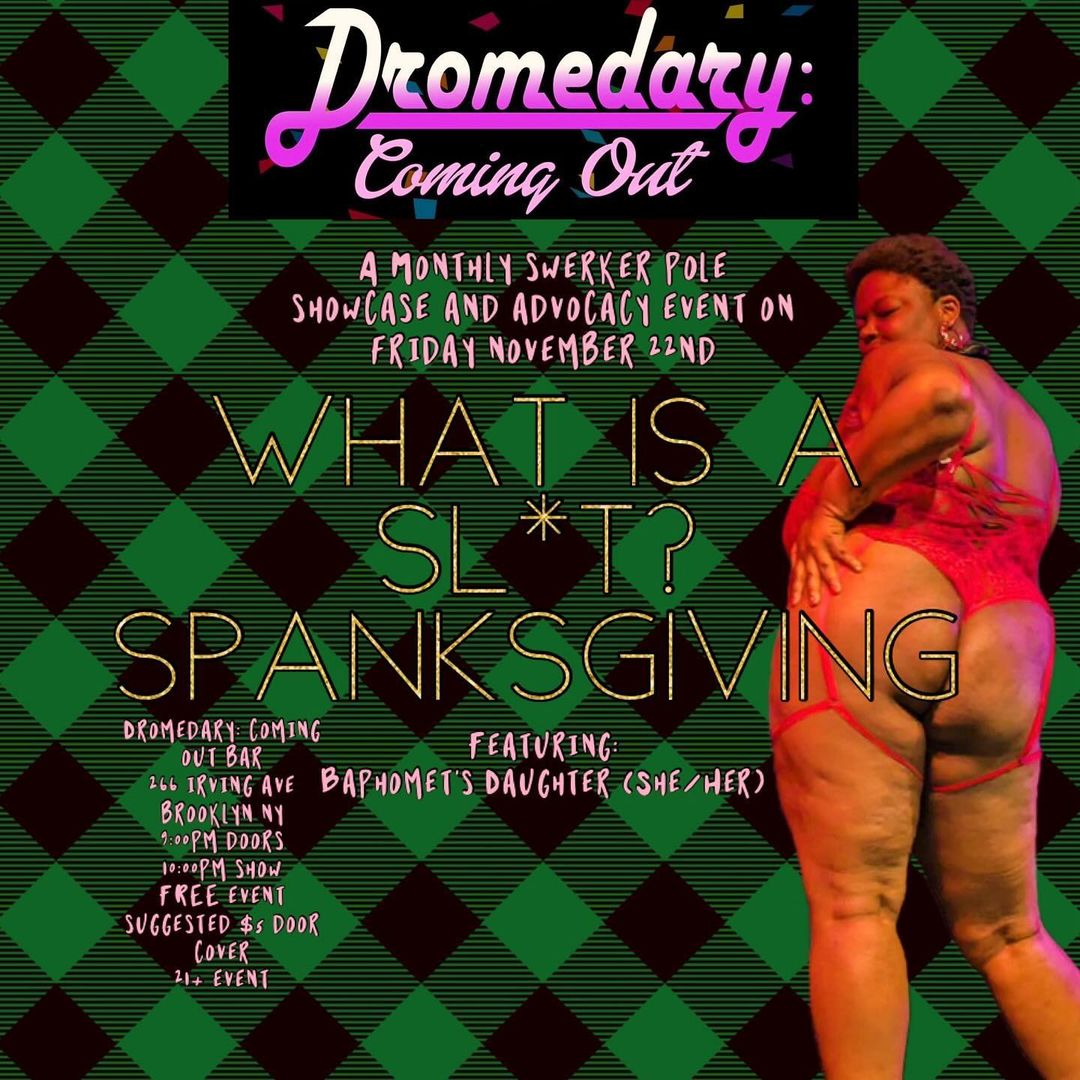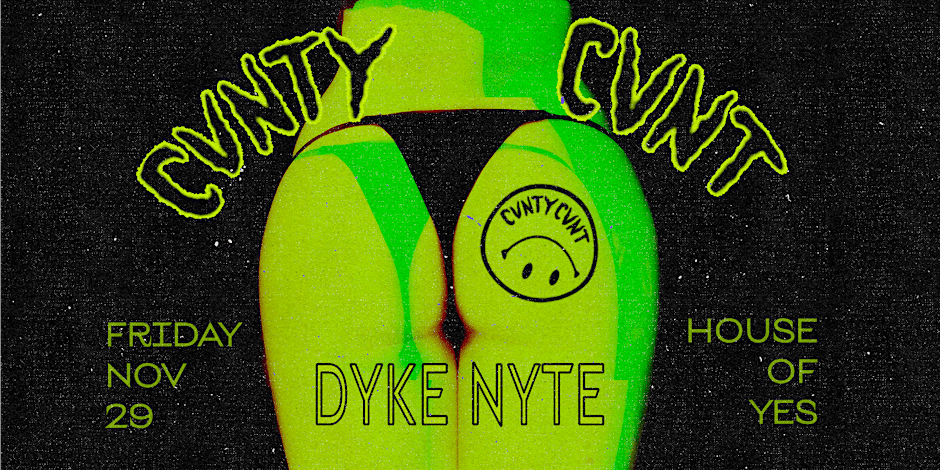A federal judge granted a partial injunction Wednesday to stop an Idaho bill banning gender-affirming care in state prisons. The decision will allow transgender inmates in the state to receive hormone therapy once again.
The ruling comes after two incarcerated trans women, represented by the ACLU of Idaho and the national ACLU, filed the lawsuit Robinson v. Labrador to challenge House Bill 668. The bill prohibits the use of public funds for any gender-affirming care procedure, which includes hormones and surgeries. The bill was signed into law in March by Republican Governor Brad Little and went into effect on July 1.
The class action lawsuit, representing all of Idaho’s known transgender incarcerated individuals, argued that “denying incarcerated individuals with gender dysphoria access to necessary, safe medical care is a violation of their Eighth Amendment right to be free from cruel and unusual punishment.”
“I’m not (a plaintiff in the lawsuit) because I want recognition. I’m doing it because it has to be done,” Katie Heredia, the primary plaintiff, said in a statement. “We are just normal people who happen to be trans. We have medical conditions and deserve access to medical treatment.”
Chief U.S. District of Idaho Judge David Nye previously denied the request in July, saying the women had not presented an adequate amount of evidence. However, the plaintiffs have since provided data proving at least 54 incarcerated individuals need gender-affirming care and 70 individuals have been diagnosed with gender dysphoria, according to LGBTQ Nation.
“We really are human beings who just want to be treated like everybody else,” added the other plaintiff, Rose Mills. “This decision [to ban public funding for gender-affirming health care] was not people-led. It was just a few people who decided that, and the public needs to know that.”
The injunction only extends to the use of public funds in prisons and does not protect gender-affirming surgeries.




